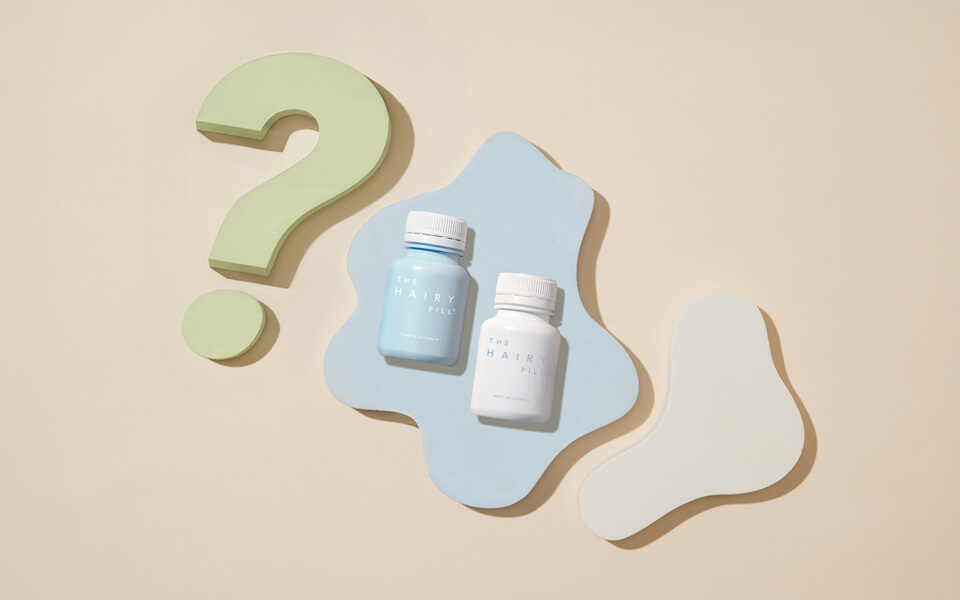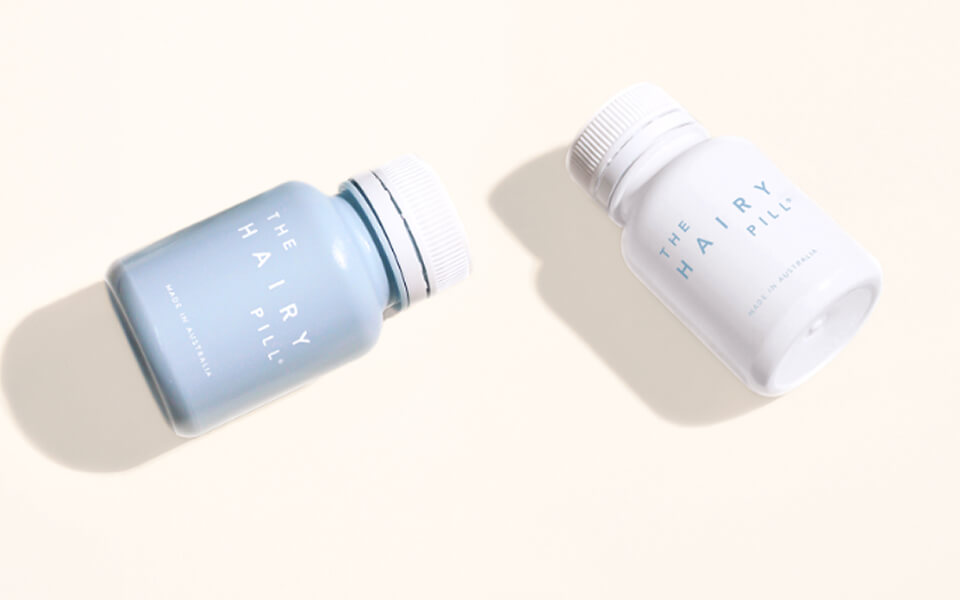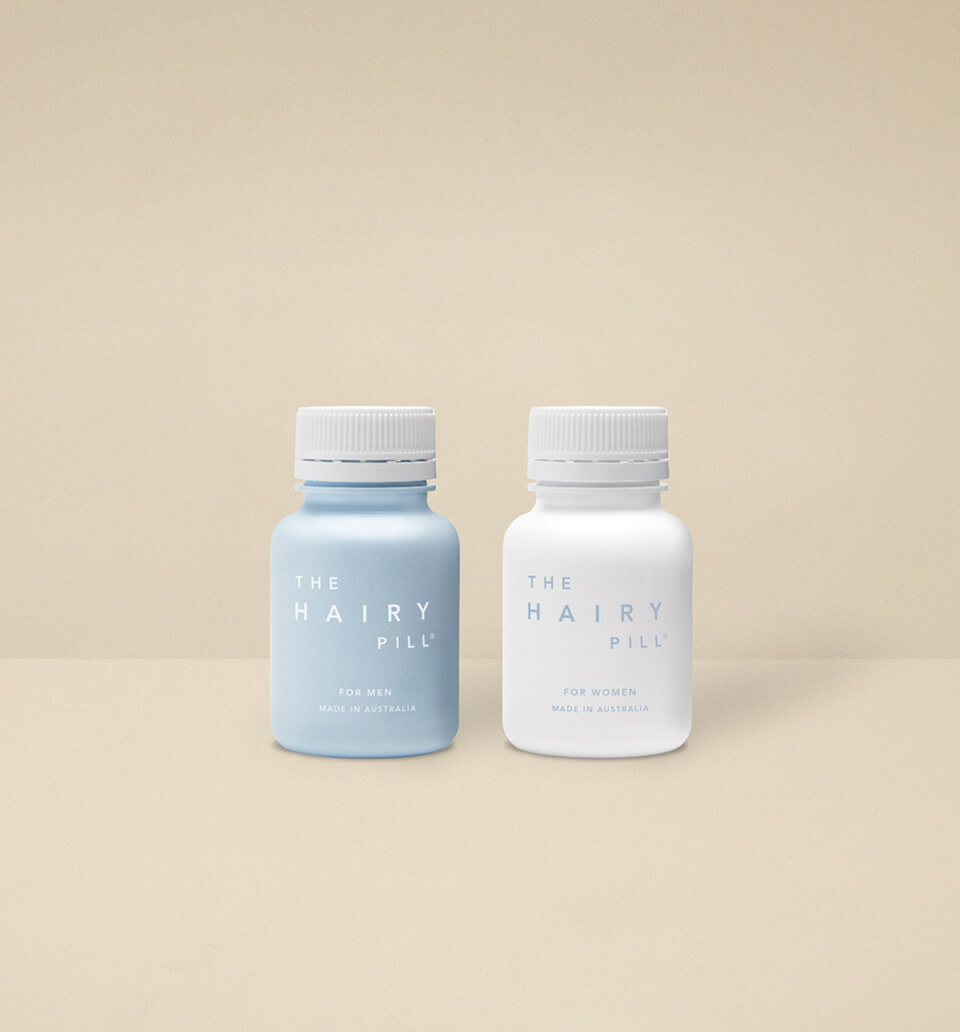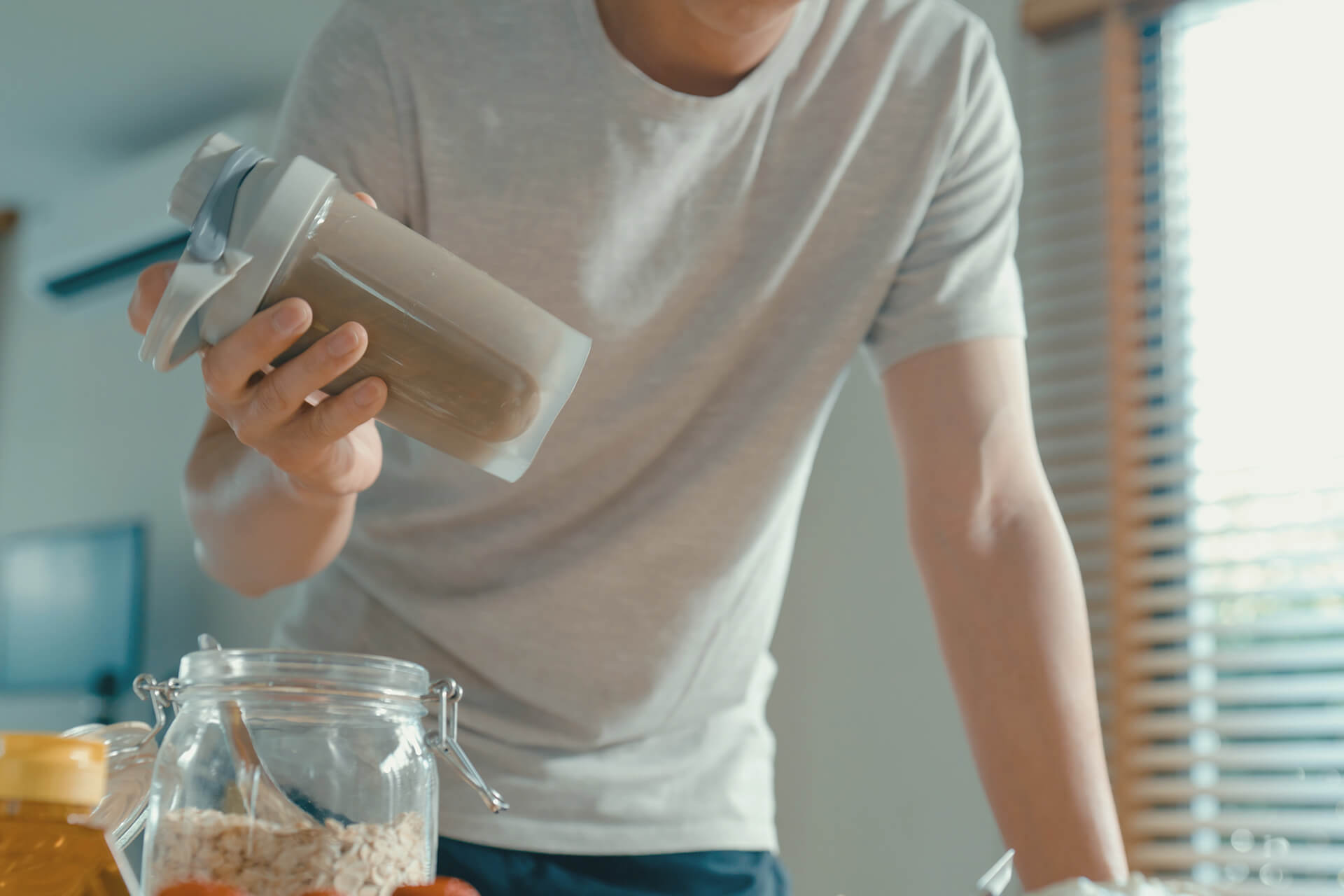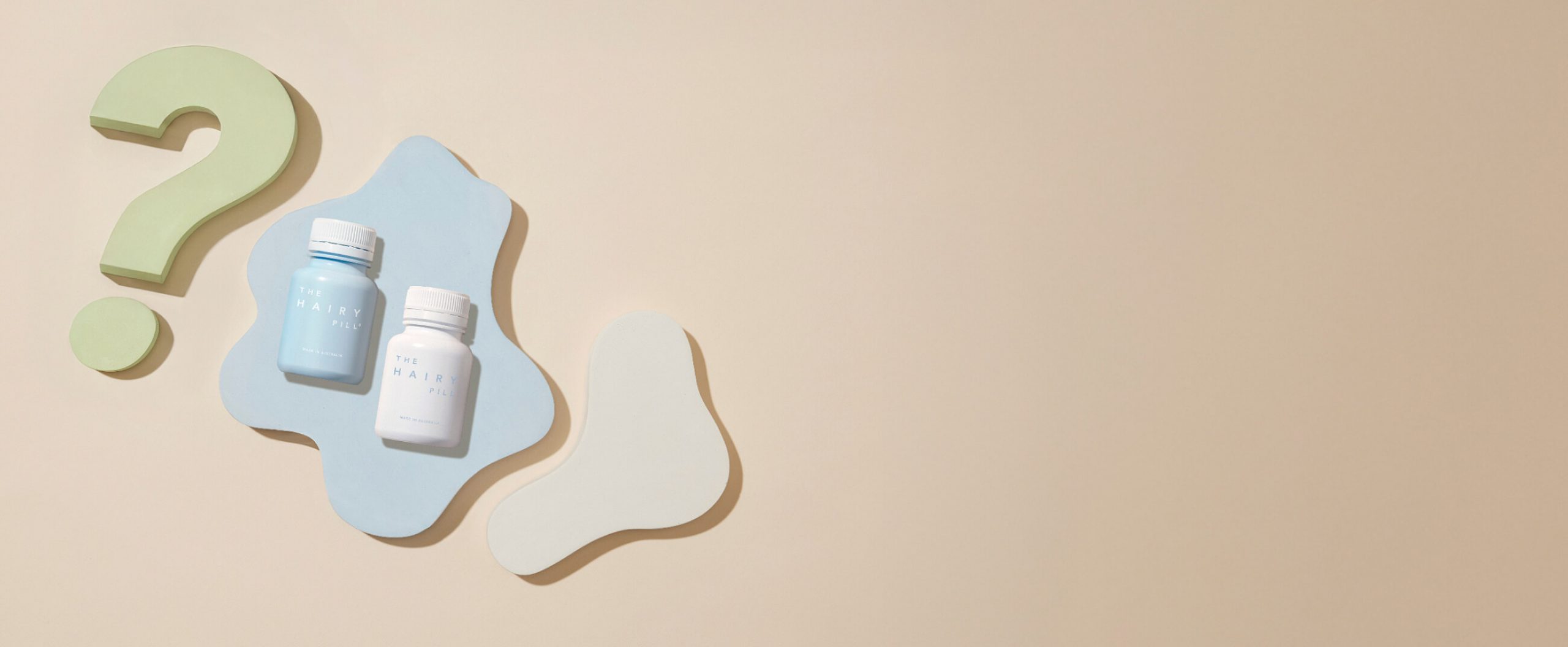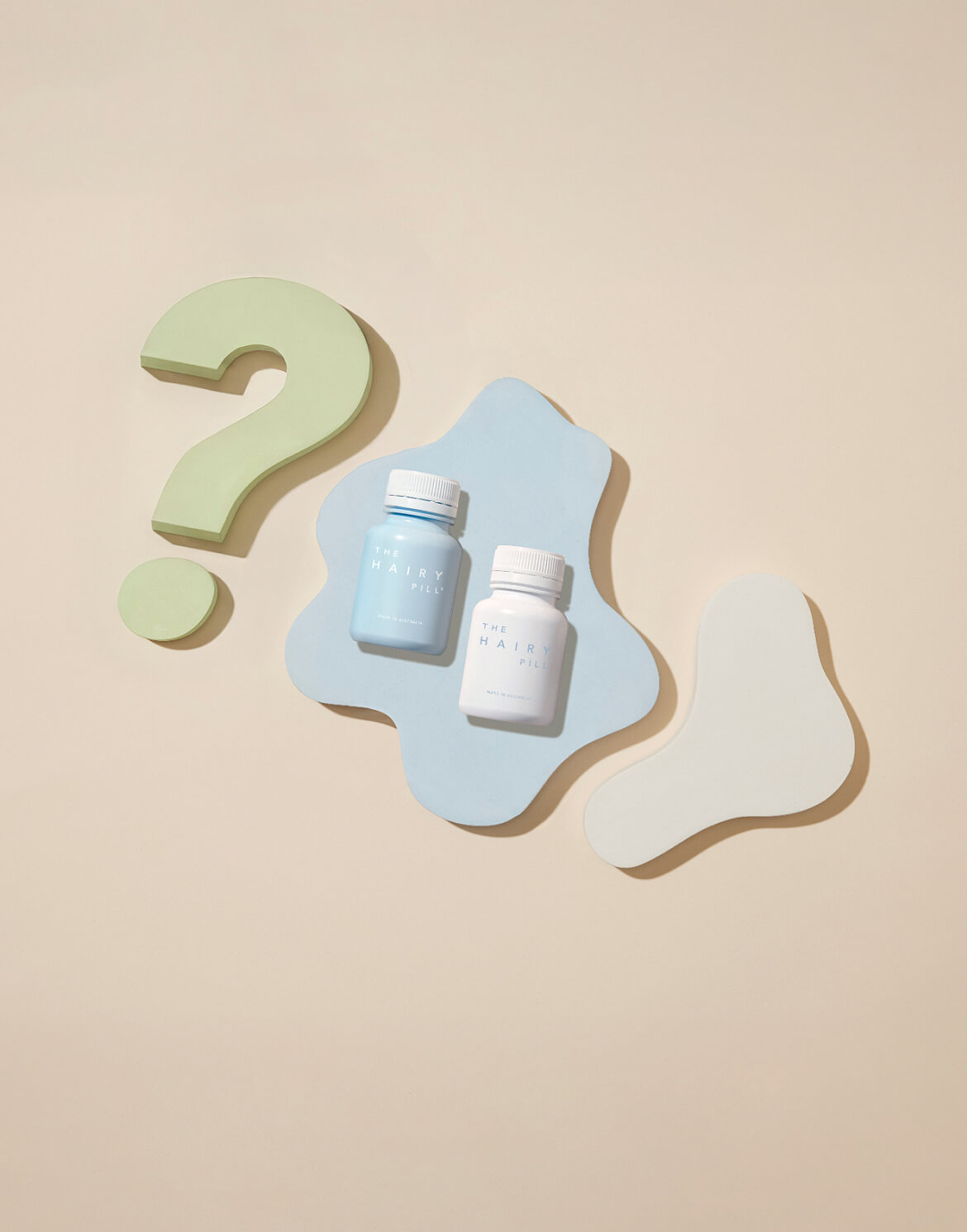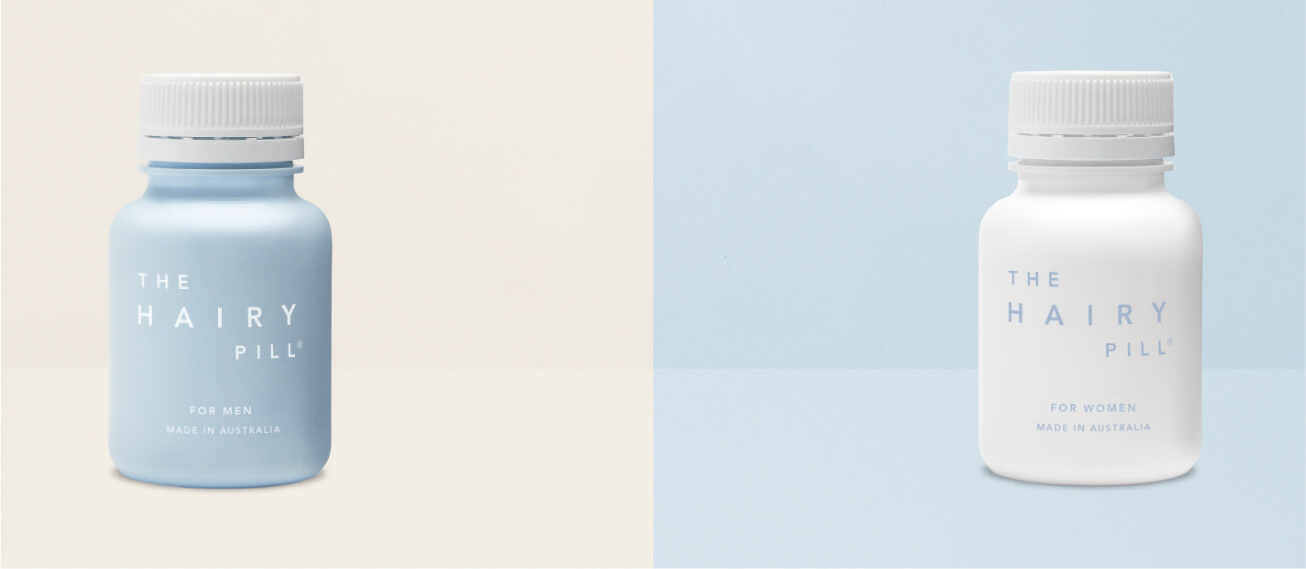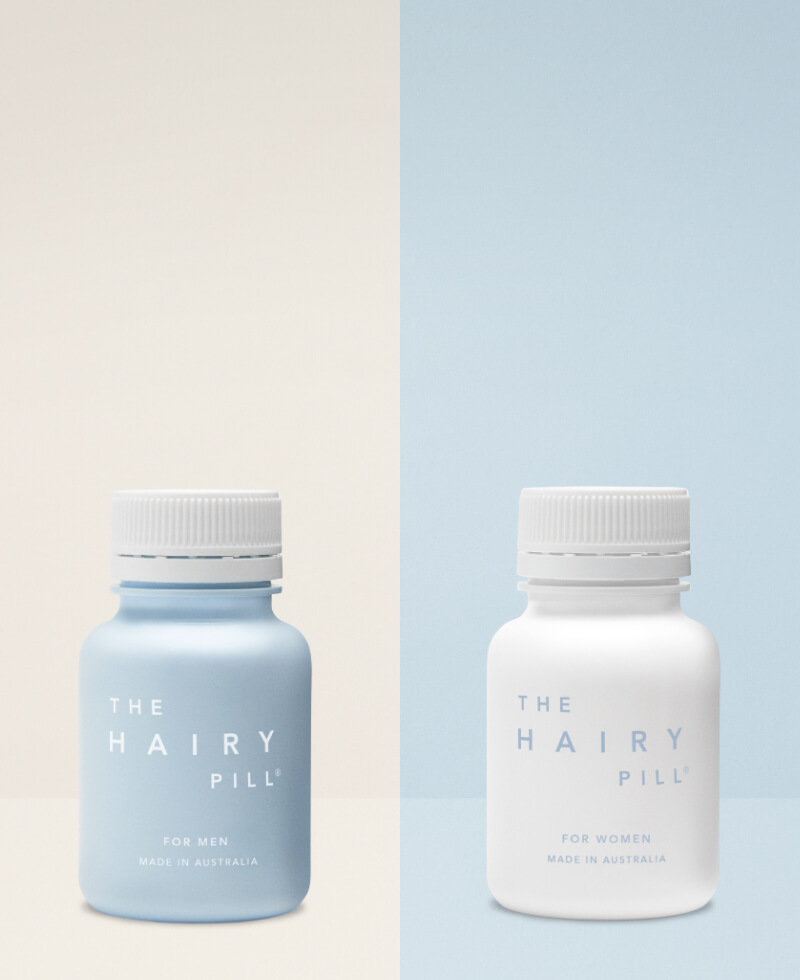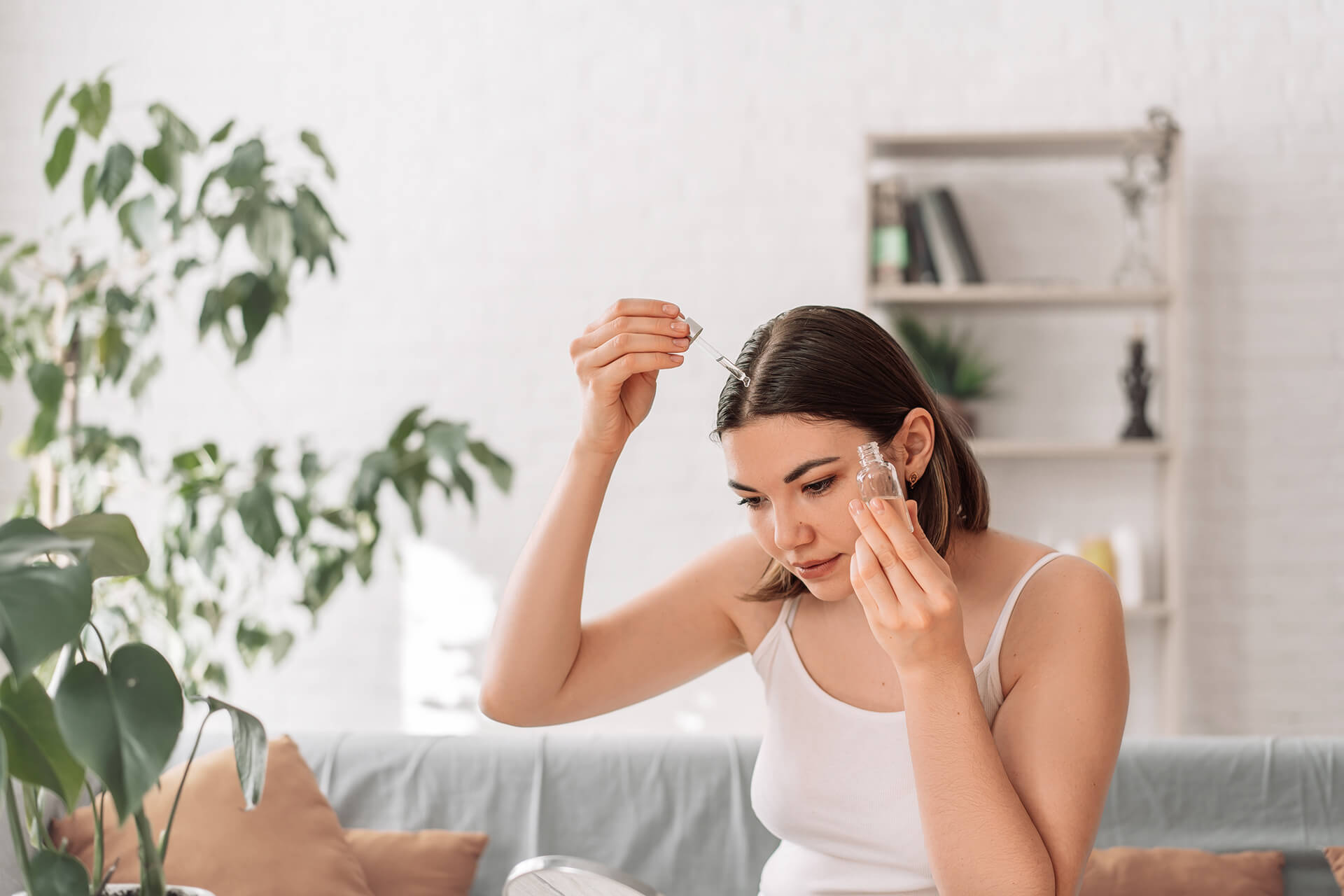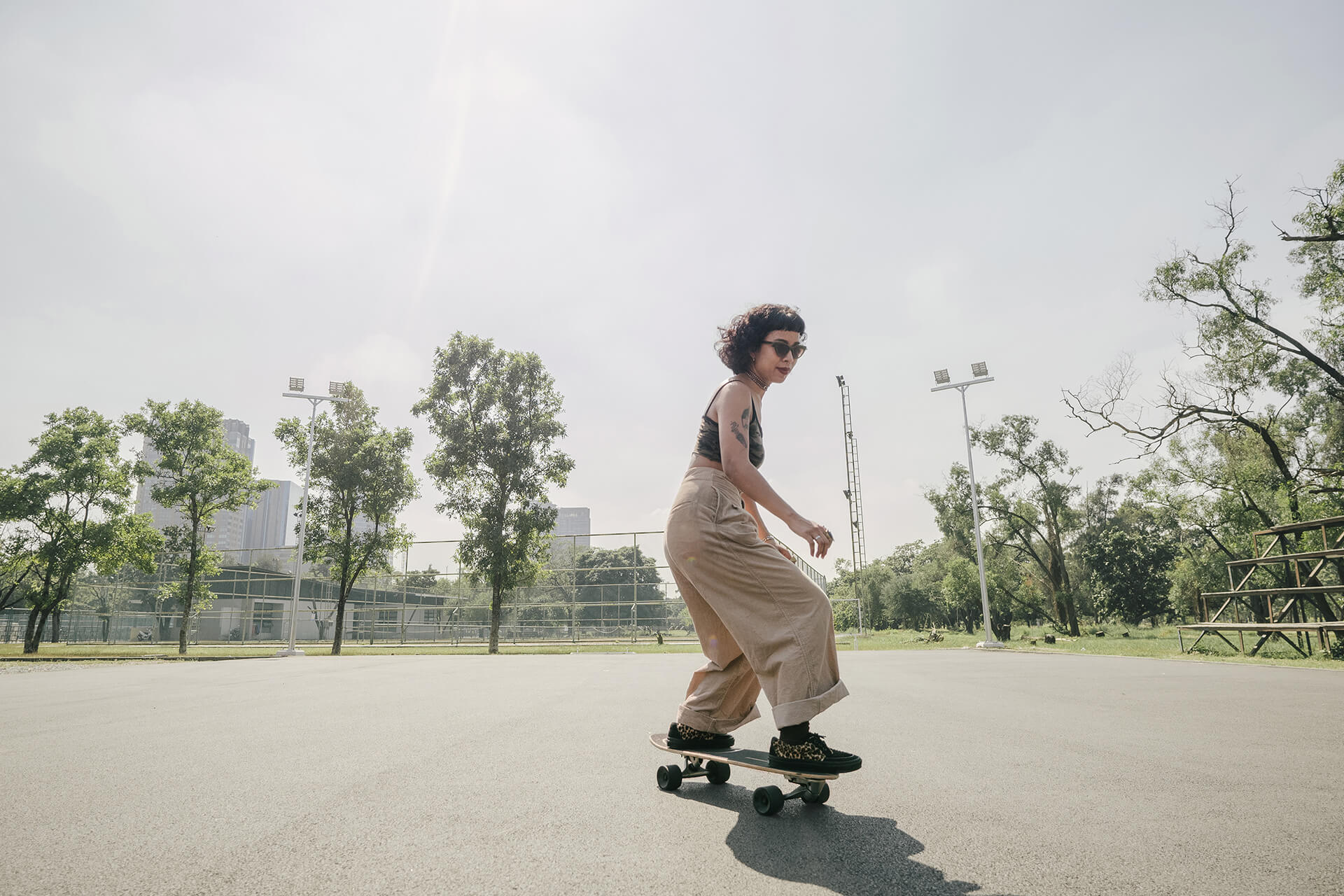Creatine is something of a natural energy powerhouse. It fuels your muscles during high-intensity activities, helping you exercise harder for longer while recovering faster. It’s no surprise it’s a popular supplement among athletes and fitness enthusiasts.
But rumour has it creatine can cause hair loss.
That’s thanks largely to one creatine hair loss study from 2009. It’s time to shed this hair loss myth and look at the science.
Does creatine cause hair loss? Most studies say no. Hair loss is not listed as a side effect of creatine. But there is a chance the supplement may indirectly cause alopecia.
Let’s take a look at what creatine is, where the hair loss rumour all began, and whether there’s any science to back it up. We’ll also look at real creatine side effects, whether the supplement is safe, and how you can allay hair loss concerns from creatine.
What Is Creatine?
Creatine is an amino acid found naturally in the muscles. Your kidneys, pancreas, and liver produce about half the creatine your body needs. The rest comes from red meat and fish consumption.
Creatine is stored in your skeletal muscles and remains there as a backup energy source ready to kick in during physical activity. It’s a complicated process but we’ll keep it simple.
When your muscles need some power, this stored creatine converts into an energy molecule called adenosine triphosphate (ATP), a fuel that helps your muscles contract.
That’s why some people supplement their natural creatine supply with a liquid, powder, or tablet form — so that they have more creatine available in the muscles to generate more energy.
Creatine supplements are popular among bodybuilders and athletes as they have been shown to:
- Give your muscles energy
- Enhance strength
- Increase muscle mass
- Improve high-intensity performance
- Accelerate muscle growth
- Treat muscle cramps
- Protect tendons, nerves, bones, and muscles against injuries
Creatine may even help treat diseases such as Huntingdon’s Disease, Parkinson’s Disease, depression, post-traumatic stress disorder, and traumatic brain injuries — although the research on this so far is limited.
Creatine supplementation may have its benefits. But does it come at a cost?
Discover if The Hairy Pill® is right for you.
Take our short hair health quiz and we will work out if The Hairy Pill® can help you and your hair.
Take the quizDoes Creatine Cause Hair Loss?
Most concerns about creatine hair loss come from anecdotes — a friend of a friend who lost their hair after taking creatine supplements. In the scientific sphere, we don’t have a lot of evidence that creatine causes hair loss.
The strongest proof comes from a 2009 South African study, where Johann van der Merwe and two other researchers conducted a small, randomised control trial of 20 university-aged male rugby players.
Compared to the control group, the rugby players taking creatine experienced a 56% increase in the levels of a certain male sex hormone — dihydrotestosterone (DHT).
Now, the study wasn’t about finding a link between creatine and hair loss. Hair density was never measured. So this finding is only significant if you understand the role of DHT in hair loss.
The link between DHT and hair loss
The link between DHT and hair loss is well established, particularly when it comes to male hair loss.
DHT binds to receptors in your hair follicles. The more receptors you have and the more sensitive they are (which is determined by your genes), the more likely you are to experience hair loss.
Once bound to these receptors, DHT can shrink hair follicles and shorten the hair growth cycle (by which hair grows and falls out), making it harder for hair to grow and causing hair loss.
What we can learn from the South African study is that creatine may increase DHT in your body, which means it may lead to an increased risk of some hair loss.
But it’s important to note: No other study since then has replicated their findings.
Twelve other trials have examined the effects of creatine on testosterone levels, including the free testosterone which can convert into DHT in the body. But no significant increases were reported.
Read more: Can workouts cause hair loss?
So to return to our question —
Ready to start your hair growth journey?
- Free express shipping
- Unlimited doctor consultations
- Simple once a day treatment
Is Hair Loss a Side Effect of Creatine?
The simple answer is no. At least, not directly.
The findings from the 2009 study suggest that there may be an indirect link between hair loss and creatine, which may increase the risk of hair loss.
On the other hand, a 2021 review of the existing literature on creatine, published in the Journal of the International Society of Sports Nutrition concluded that:
“The current body of evidence does not indicate that creatine supplementation increases total testosterone, free testosterone, DHT or causes hair loss/baldness.”
So Is Creatine Safe?
Given creatine’s popularity among athletes, it’s no surprise that plenty of research has been conducted into its safety.
In appropriate doses, the International Society of Sports Nutrition (ISSN) has declared the supplement safe and effective to use, stating that creatine has:
‘No compelling scientific evidence that the short- or long-term use of creatine monohydrate (up to 30 g/day for 5 years) has any detrimental effects on otherwise healthy individuals.”
That said, creatine side effects are possible, particularly at high doses, and may include:
- Dehydration
- Stomach upset
- Weight gain
- Diarrhoea
- Dizziness
- Muscle cramps
- Liver dysfunction
- Kidney damage
Wondering if creatine is safe for teens? There are very few studies about the effect of creatine on teens, although the ISSN states that ‘caution against usage by those under 18 years old … [is] likely unnecessary given the science supporting creatine’s safety, including in children and adolescents’.
If you have any concerns, it’s best to speak with your doctor before you start taking supplements.
Worried about trying creatine because of the hair loss rumours?
It’s always best to speak to a healthcare professional before adding any supplements to your diet, whether that’s a multivitamin or creatine supplement.
This may be particularly true for you if you have a family history of male pattern baldness or female pattern hair loss, in which case you might be genetically predisposed to alopecia and more susceptible to any possible increase in DHT in the body.
If you do decide to try creatine supplements, begin monitoring your hair health from the outset:
- If you’re male, use the Norwood Scale to measure the extent of any hair loss.
- If you’re female, use the Ludwig Scale to measure hair thinning.
The earlier you detect hair loss, the better your chances are of reversing it.
Already taking creatine and noticed hair loss?
Concerned about barely-there hair? Or noticing more hair in the shower drain than usual? Hair loss may be a hairy subject but it’s worth talking about. When it comes to hair loss, we always recommend speaking with a doctor.
Expressing your concerns about hair loss with a doctor can help you understand why it’s happening and what you can do to stop it — and the earlier you start treatment, the more effective it can be.
The link between creatine and hair loss is tenuous so if you begin to experience thinning hair, it may not be related to your creatine supplement. It could even be a sign of something more serious.
Consider if another cause is likely. Hair loss can also be caused by:
- Genetics combined with age
- Severe stress
- The Keto diet
- A nutritional deficiency
- Medical treatments or medication
- A medical illness or disease
- Excessive hair styling
- Pregnancy or menopause
A doctor will work closely with you to diagnose the cause of your hair loss and recommend the best hair loss and hair thinning treatment for your needs.
Discuss Treatment Options with One of Our Partner Doctors
The Hairy Pill® is a hair loss treatment that includes regular consultations with a doctor who can provide guidance on hair loss and answer all your questions.
Our subscription includes clinically proven men’s hair loss treatment and women’s hair loss treatment.
The best bit is that treatment is personalised to you, which means our partner doctors and partner pharmacists can ensure there are no drug interactions with creatine or any other supplements you take.
Ready to talk to a doctor? Get started.

